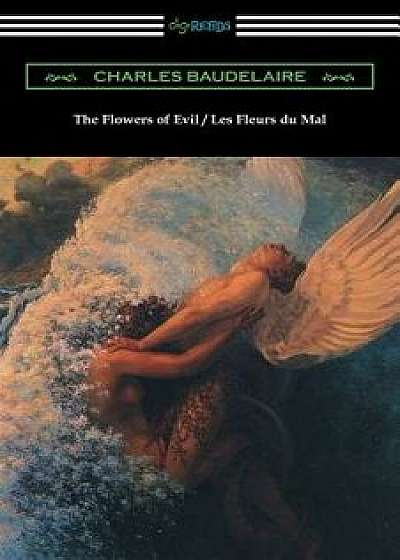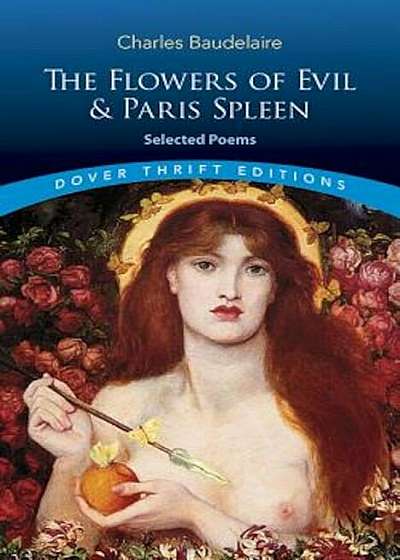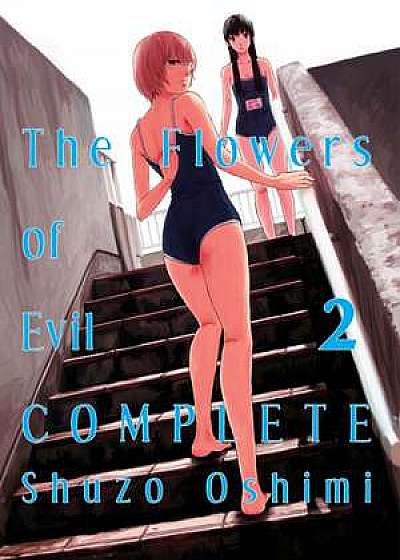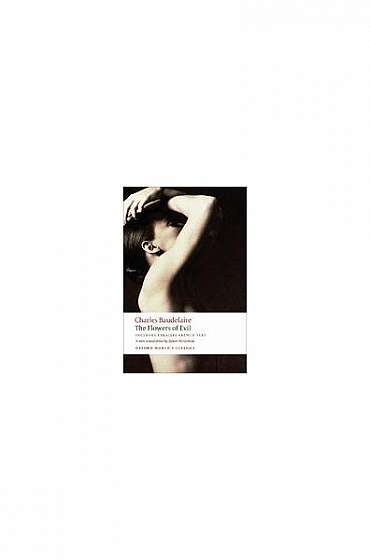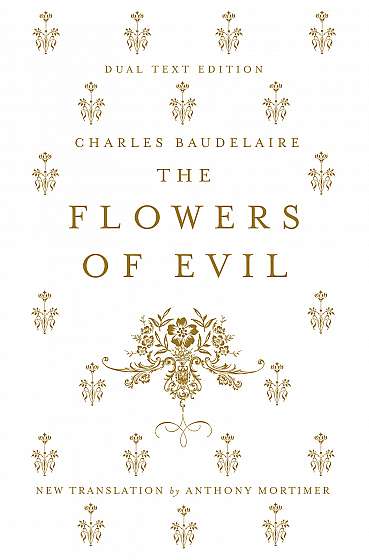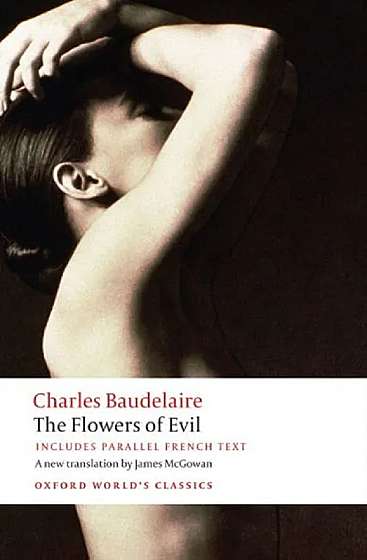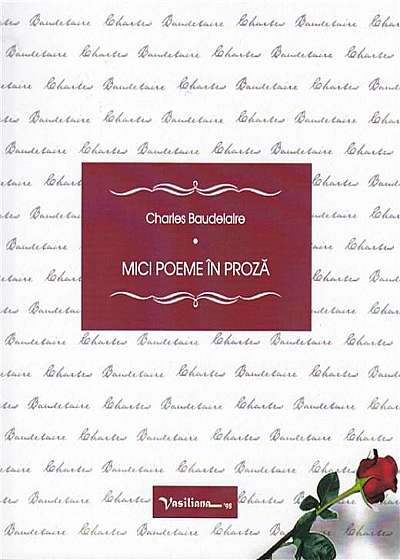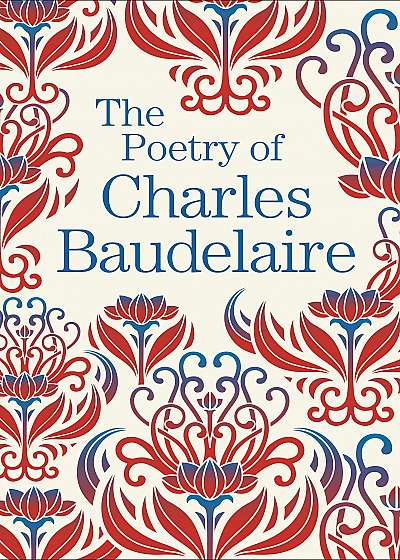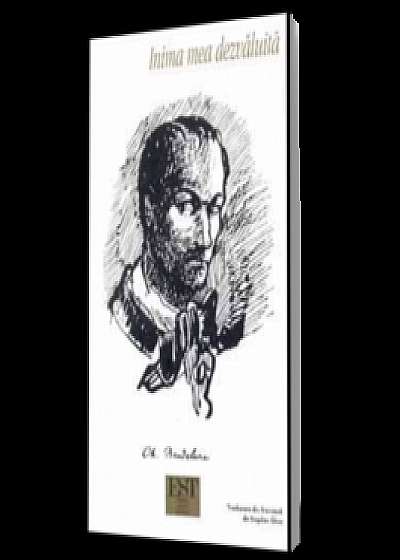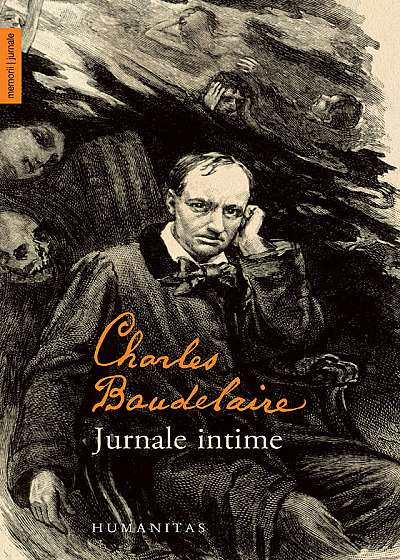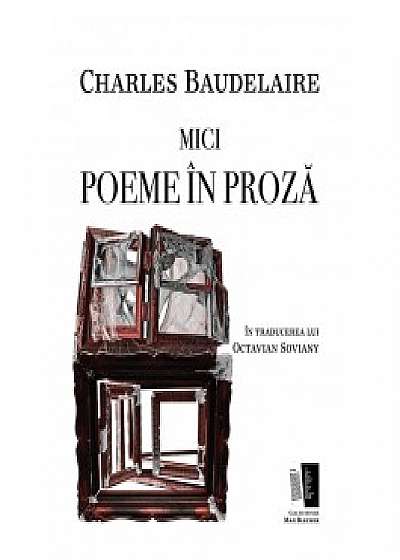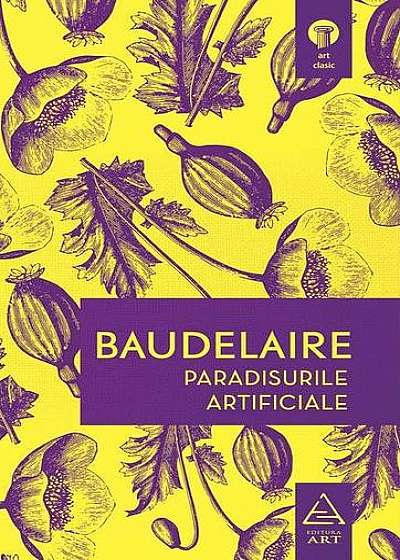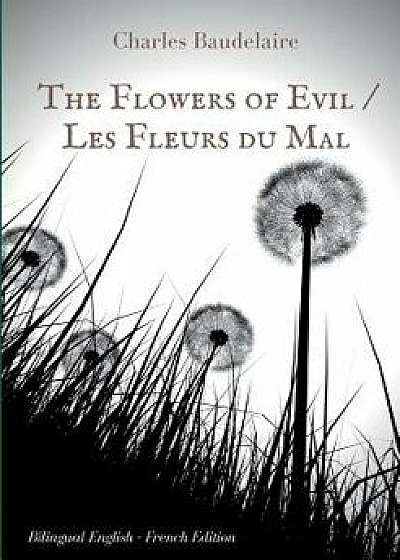
The Flowers of Evil / Les Fleurs Du Mal: English - French Bilingual Edition, Paperback/Charles Baudelaire
Descriere
Description Les Fleurs du mal (English: The Flowers of Evil) is a volume of French poetry by Charles Baudelaire. First published in 1857, it was important in the symbolist and modernist movements. The poems deal with themes relating to decadence and eroticism. This Bilingual English - French edition provides the original text by Baudelaire and its English translation by Cyril Scott. The initial publication of the book was arranged in six thematically segregated sections: 1. Spleen et Id al (Spleen and Ideal) 2. Tableaux parisiens (Parisian Scenes) 3. Le Vin (Wine) 4. Fleurs du mal (Flowers of Evil) 5. R volte (Revolt) 6. La Mort (Death) Baudelaire dedicated the book to the poet Th ophile Gautier, describing him as a parfait magicien des lettres fran aises ("a perfect magician of French letters"). The foreword to the volume, Au Lecteur ("To the Reader"), identifying Satan with the pseudonymous alchemist Hermes Trismegistus. The author and the publisher were prosecuted under the regime of the Second Empire as an outrage aux bonnes moeurs ("an insult to public decency"). As a consequence of this prosecution, Baudelaire was fined 300 francs. Six poems from the work were suppressed and the ban on their publication was not lifted in France until 1949. These poems were "Lesbos"; "Femmes damn es ( la p le clart )" (or "Women Doomed (In the pale glimmer...)"); "Le L th " (or "Lethe"); " celle qui est trop gaie" (or "To Her Who Is Too Joyful"); "Les Bijoux" (or "The Jewels"); and " Les "M tamorphoses du Vampire" (or "The Vampire's Metamorphoses"). These were later published in Brussels in a small volume entitled Les paves (Scraps or Jetsam). On the other hand, upon reading "The Swan" (or "Le Cygne") from Les Fleurs du mal, Victor Hugo announced that Baudelaire had created "un nouveau frisson" (a new shudder, a new thrill) in literature. In the wake of the prosecution, a second edition was issued in 1861 which added 35 new poems, removed the six suppressed poems, and added a
